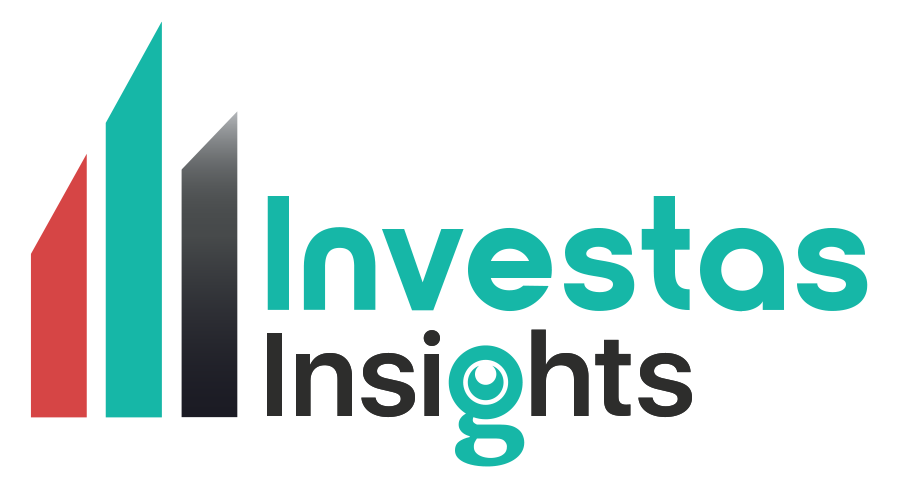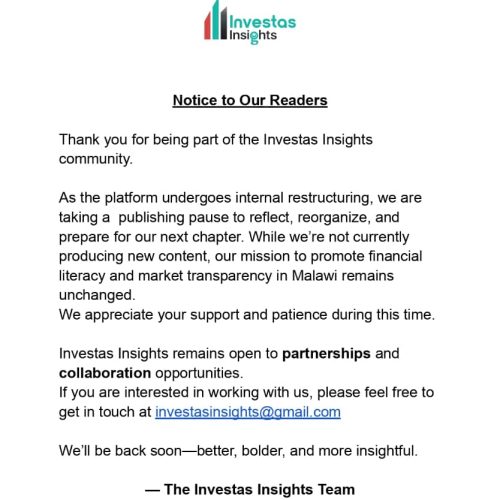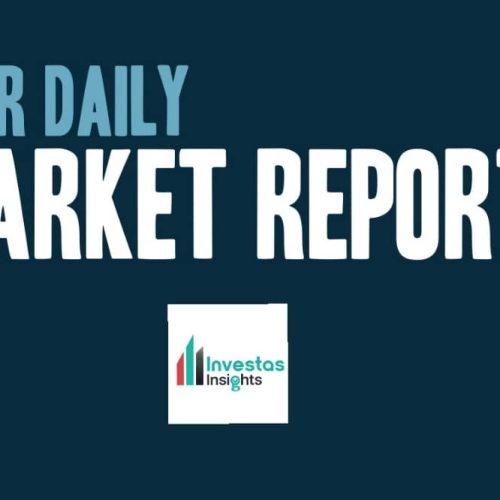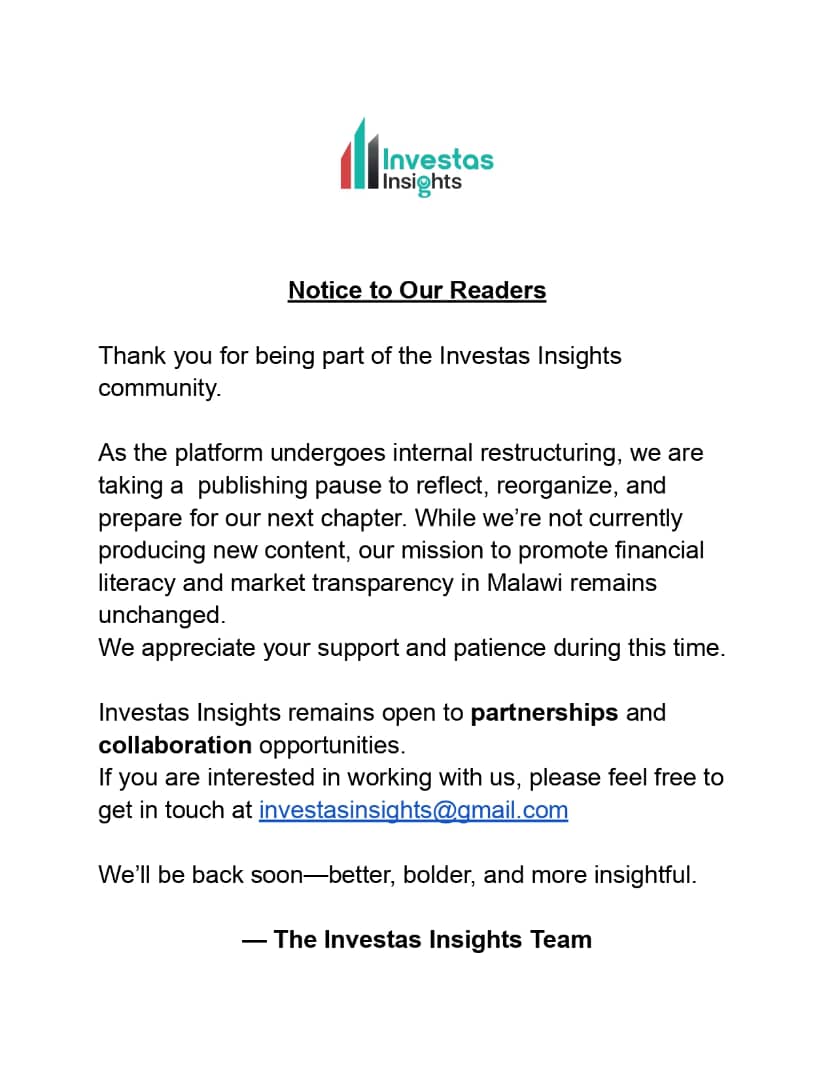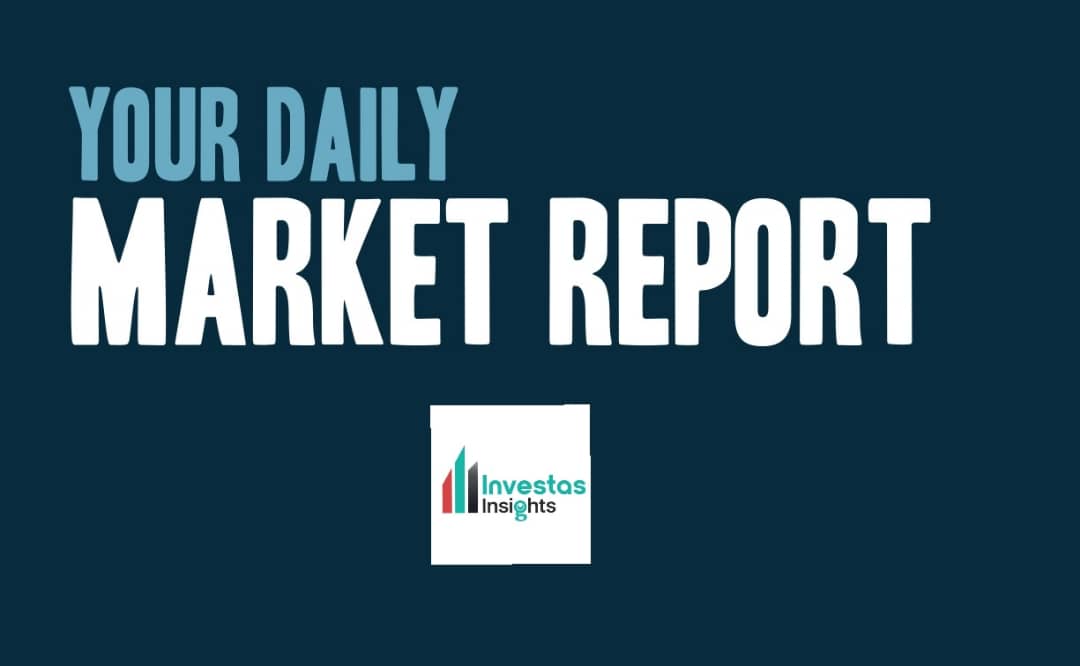Understanding economic terms is essential for everyone, not just economists or business professionals in Malawi. Grasping these concepts empowers you as a citizen to make informed decisions about your finances and the economy. This article breaks down some of the most important economic terms every Malawian should know.
1. Inflation: Inflation is the increase in the general price level of goods and services over time. In Malawi, you may notice that the cost of basic items, like maize or cooking oil, goes up every year. This means that the Kwacha’s purchasing power decreases, and you need more money to buy the same things. Inflation can be caused by factors like increased production costs or higher demand for products.
2. Gross Domestic Product (GDP): GDP measures the total value of all goods and services produced within a country in a given period. It’s an indicator of economic health. If Malawi’s GDP grows, it generally means the economy is doing well, while a shrinking GDP signals economic challenges.
3. Exchange Rate: The exchange rate is the value of one currency compared to another. For example, how many Malawian Kwacha you need to buy one US dollar. Fluctuations can impact the cost of imports and exports. A weaker Kwacha makes imports more expensive, but it can also make Malawian goods cheaper abroad.
4. Interest Rate: Interest rates are the cost of borrowing money, usually expressed as a percentage. In Malawi, commercial banks set interest rates based on the policy rate from the Reserve Bank of Malawi. High interest rates make loans more expensive but encourage saving, while low rates make borrowing cheaper but saving less attractive.
5. Budget Deficit: A budget deficit occurs when a government’s expenses exceed its revenue. For Malawi, this often means borrowing money to cover the gap, which can lead to higher national debt if not managed well.
6. Trade Balance: This is the difference between the value of a country’s exports and imports. A positive trade balance means Malawi exports more than it imports, bringing money into the economy. A negative balance means more money is flowing out than coming in.
By familiarizing yourself with these key economic terms, you can better understand how policies and economic events impact your daily life. Whether discussing inflation or GDP, being financially literate equips you to make better financial decisions and participate in economic discussions. Stay informed and empowered!
